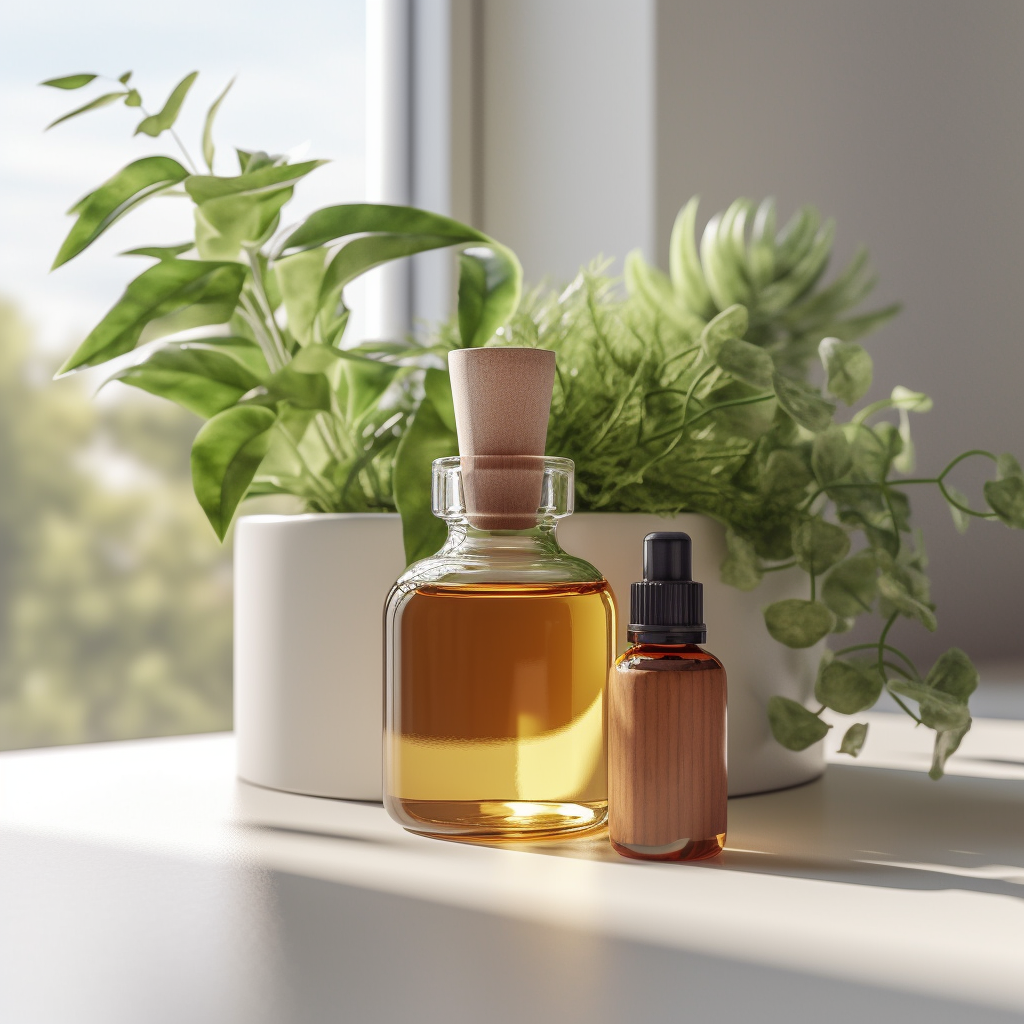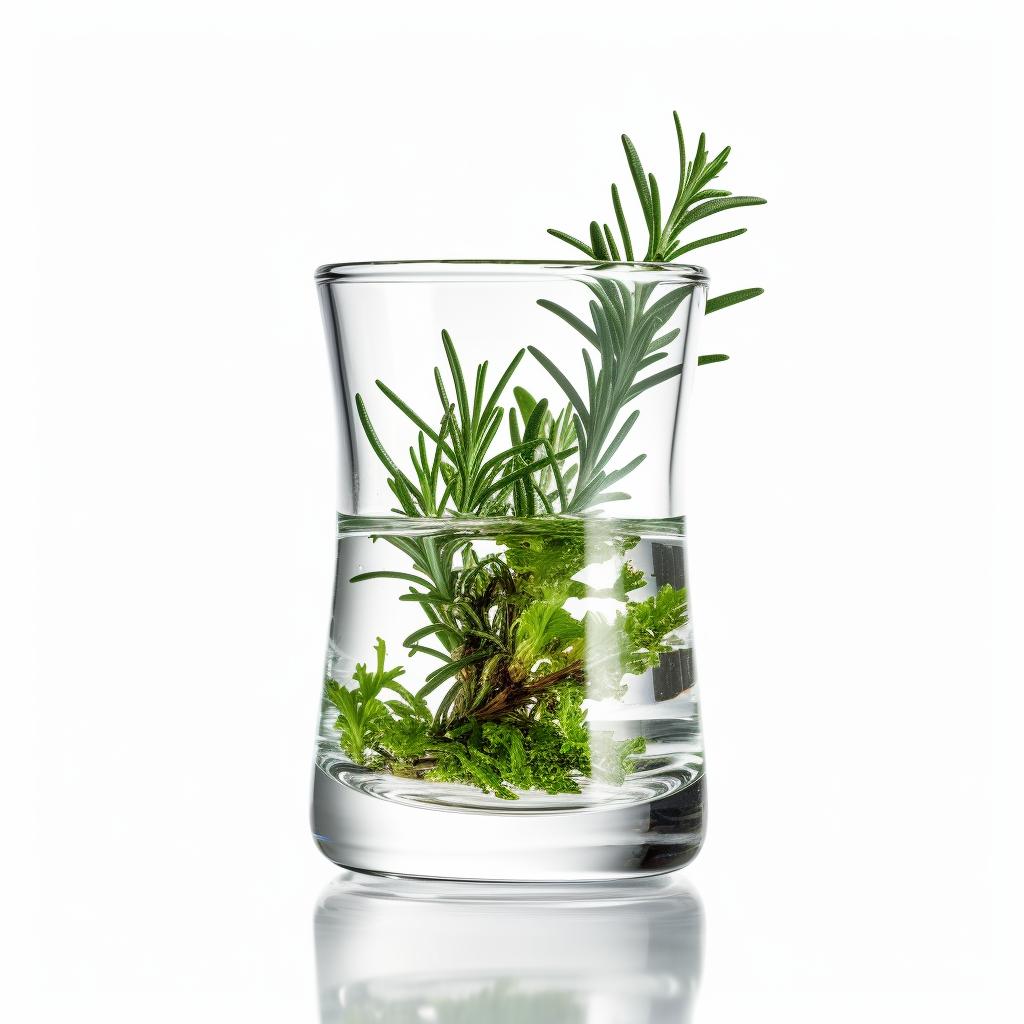Ethanol for Winterization: All You Need to Know

Ethanol for Winterization: All You Need to Know
Do you need high-quality botanical oils? You’re going to need an excellent dissolving solvent such as ethyl alcohol and an easy, affordable, and safe technique such as ethanol for winterization.
The advantage of using ethanol is that you’ll increase your product’s potency by extracting most of the cannabinoids, terpenes, and alkaloids in a high percentage. Moreover, you’ll also effectively sieve out impurities such as chlorophyll, fats, waxes, and lipids.
But how do you use alcohol for the winterization process? Below you’ll find out all you need to know about that technique. Then, read on to learn more.

What is Ethanol?
Most people refer to ethanol as alcohol, ethyl alcohol, or grain alcohol. The solvent is a clear liquid mostly used for food and beverage along with industrial applications like cleaners.
Most companies manufacture ethanol by fermenting barley, wheat, or corn using yeast cells. From there, the alcohol is distilled and purified.
How is Ethanol Used in the Botanical Oil Industry?
Botanical oil industries use ethanol to make botanical concentrates, such as Full Extract Plant Oil (FECO) or supplement tinctures.
That efficacy is possible because ethanol is safe for human consumption. Moreover, the solvent is economical for botanical oil companies because it’s easy to separate and recycle as ethanol evaporates fast.
You can process tonnes of botanical oils using high-volume ethanol extraction equipment per day. And apart from increased production to meet the demand, you also get to save power usage by extracting a lot of botanical oil in a short time.
What is Winterization? Ethanol for Winterization
Ethanol proves vital as an extraction solvent to remove oils from plants like mushrooms, alfalfa, vanilla and more. Plants contains many beneficial oils but not all oils provide value to the final product – like fats and lipids. Winterization helps remove unwanted fats and lipids from your botanical extract leaving behind a potent, valuable concentrate. It is typical to winterize an ethanol extraction with ethanol but you also used ethanol for winterzation when processing with CO2 and other solvents.
The winterization process is a technique used to increase the purity, value, and shelf life of botanical oil extracts. It involves the removal of unwanted substances such as lipids, fats, and waxes from the crude extract. Here are the detailed steps:
Step 1:
Mix ethanol, a high-proof alcohol within the 190-200 proof range (95-100% alcohol concentration), with the botanical extract in a ratio of 10ml ethanol to 1g extract. Stir the mixture using a lab spatula or a magnetic heater with a stir bar to suspend the extract in the ethanol. This step increases the solubility of the waxes, fats, and lipids in the extract.
Step 2:
Place the mixture from step 1 in a freezer and allow it to chill for approximately 24 hours. The cold temperature causes the waxes to solidify and precipitate out of the solution, enhancing their separation.
Step 3:
Perform vacuum filtration using a vacuum pump, Buchner funnel, and filter paper. Adjust the temperature of the funnel and filter paper to match the cold temperature of the mixture to prevent the re-solubilization of fats. Use filters with high and small micron sizes to effectively remove both large and small fat particles. Pre wet the filter paper with cold ethanol, set up the sieving apparatus, and apply vacuum to filter out the fats. Replace clogged filter papers with new ones when necessary.
Step 4:
After filtration, the result is a golden translucent oil and greasy brownish butter on the filter papers. In the final step, separate the ethanol from the oil by boiling the golden oil on a hotplate until it reaches a thicker viscosity. The boiling point of ethanol is 78.5°C under atmospheric pressure. Once the ethanol evaporates, you are left with a purer, high-quality product known as Full Extract Botanical Oil (FECO).
The winterization process enhances the quality and purity of botanical oil extracts by selectively removing unwanted components, resulting in a refined product suitable for various applications. It is commonly used in industries such as food, biofuel, and the cannabis industry.
How is the Botanical Extract Used?
Botanical extracts provide value in pharmaceutical drugs, nutraceuticals, health supplements, foods, and skincare cosmetic products.
Safety Precautions
Ethanol is highly flammable as a solvent or vapor. Therefore, you should winterize in a well-ventilated area and away from open flames.
Conclusion
Ethanol is a clear, volatile solvent safe for human consumption. Botanical oil industries use the solvent in the winterization process to extract botanical oil. They then increase their product’s quality, value, and potency through that technique, leading to increased sales and customer satisfaction.
Winterization involves mixing the botanical oil raw material with warm ethanol and then stirring to increase the solubility of the fats. After that, you then freeze the mixture for the impurities to precipitate and then use a filter paper and vacuum to remove the fats.
Lastly, you heat the oil and ethanol mixture to evaporate the alcohol and get pure botanical oil. Visit www.SimpleSolvents.com to view more of what we have to offer.
